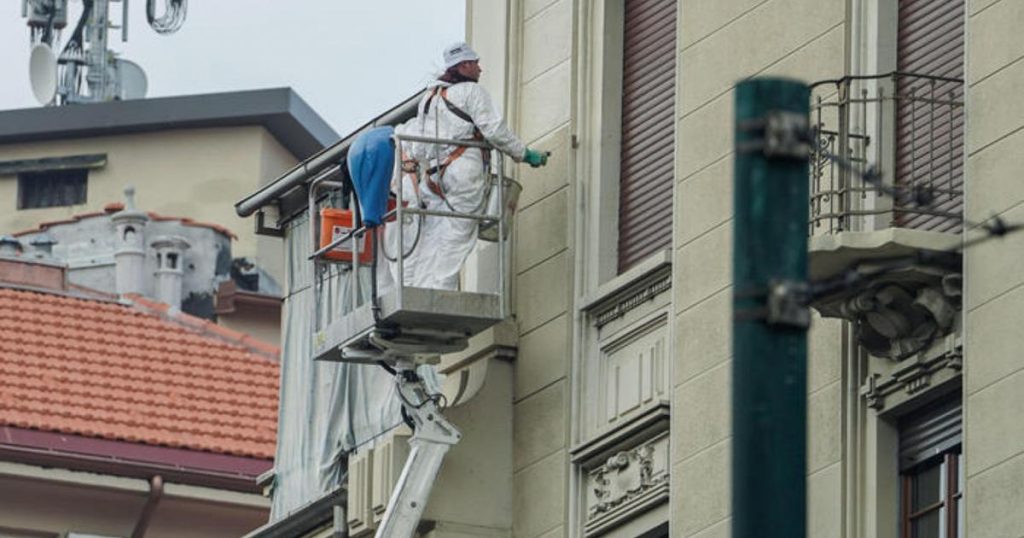The ‘points-based license’ in the construction sector, which is used for qualifying companies and self-employed workers, has been updated. The requirements can now be self-certified and the system may be extended to other sectors through a ministerial decree, after consulting with trade unions and employer organizations. Changes have been made to the points deduction table, specifically in relation to injuries resulting in disability. The new regulations, included in the National Recovery and Resilience Plan, have been modified through an amendment approved by the Budget Committee in the Chamber of Deputies, which came about as a result of multiple parliamentary amendments.
Starting from October 1, 2024, the points-based license will be mandatory for companies and self-employed workers operating on temporary or mobile construction sites. Companies solely involved in intellectual activities, such as engineering services, are exempt from this requirement. The possibility of applying the system to other sectors will be considered in the future, with decisions to be made after consulting with trade unions and employer organizations, as explained by Minister of Labor Marina Calderone. The amendment provides detailed criteria for obtaining the license from the National Labour Inspectorate, including registration with the Chamber of Commerce, compliance with training requirements, possession of a valid DURC certificate, a risk assessment document, and proof of tax compliance. These requirements are self-certified, and any false declaration will result in revocation of the license upon subsequent inspections.
The points-based license begins with 30 points, which can increase based on criteria to be defined in a Ministry of Labor decree (the so-called ‘blank delegation’ criticized by the opposition), considering factors such as number of employees, company history, and training. The same decree will establish the point recovery procedures. Companies with fewer than 15 points will be unable to operate. Regarding the deduction of points, the attached table in the amendment specifies a loss of 5 points for temporary disability requiring absence from work for more than 60 days, 8 points for partial permanent disability, and 15 points for absolute permanent disability. The previous version of the table deducted 10 points for absolute temporary disability and 15 points for absolute or partial permanent disability. Failure to possess the license, or equivalent documentation for foreign companies, or possessing a license with less than 15 points will result in an administrative fine equivalent to 10% of the project value, not less than 6,000 euros.
Furthermore, companies holding a qualification certificate from the SOA (Società Organismi di Attestazione), which had initially been exempted from the points-based license requirement, will now only be exempt if they possess a particularly high level of SOA qualification (greater than III). This amendment was approved to ensure that even companies with high SOA qualifications are subject to the new points-based license system. This update is aimed at improving the qualification and safety standards in the construction sector by introducing stricter requirements and penalties for non-compliance. The new regulations aim to enhance accountability and adherence to safety protocols in construction activities, ultimately leading to a safer working environment for workers and a higher standard of quality in construction projects.















